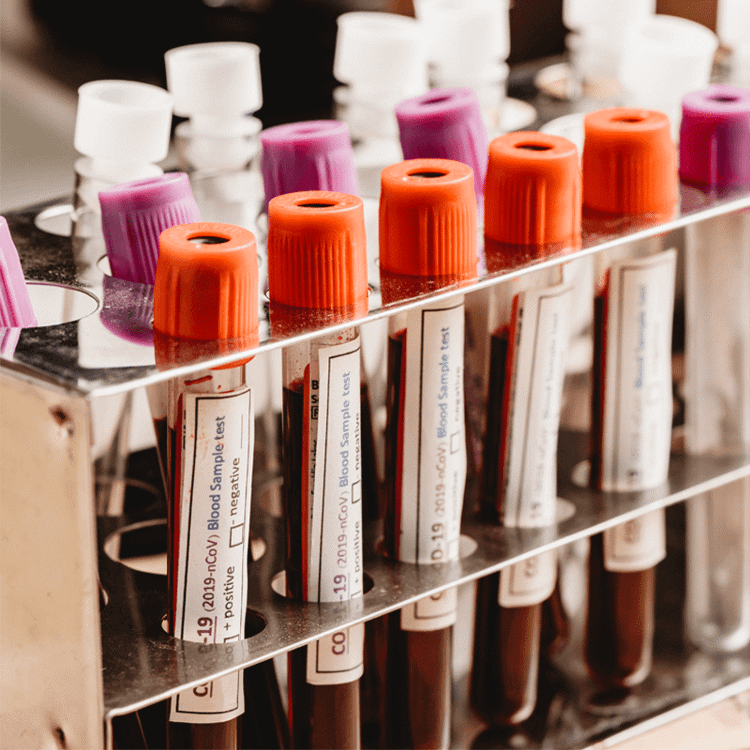‘A fresh understanding of OCD is opening routes to new treatments’, a recent article published by New Scientist features contributions from Dr Fulvio D’Acquisto, Professor of Immunology in the School of Life and Health Sciences at the University of Roehampton, London.

The article discusses a new understanding of OCD, which reveals complex mechanisms behind the condition, leading to potential new treatments. New research suggests the immune system may drive OCD by affecting brain networks. Conditions like PANS and PANDAS, where children develop sudden OCD symptoms following infections, highlight this connection.
A protein called Immuno-moodulin or Imood is linked to compulsive behaviors, and treatments targeting it are being developed by Dr D’Acquisto and his collaborators. Other potential therapies include drugs like ketamine and psilocybin, which increase brain flexibility and may improve OCD symptoms. However, their use is limited due to side effects.
Dr D’Acquisto’s research was also featured in a Sunday Times article, ‘Let me die: the mysterious syndrome changing children overnight’, which discusses in detail PANDAS syndrome and its symptoms, causes and treatments.
Learn more about other projects carried out in the Centre for Intergrated Research in Life and Health Sciences at the University of Roehampton, London.
